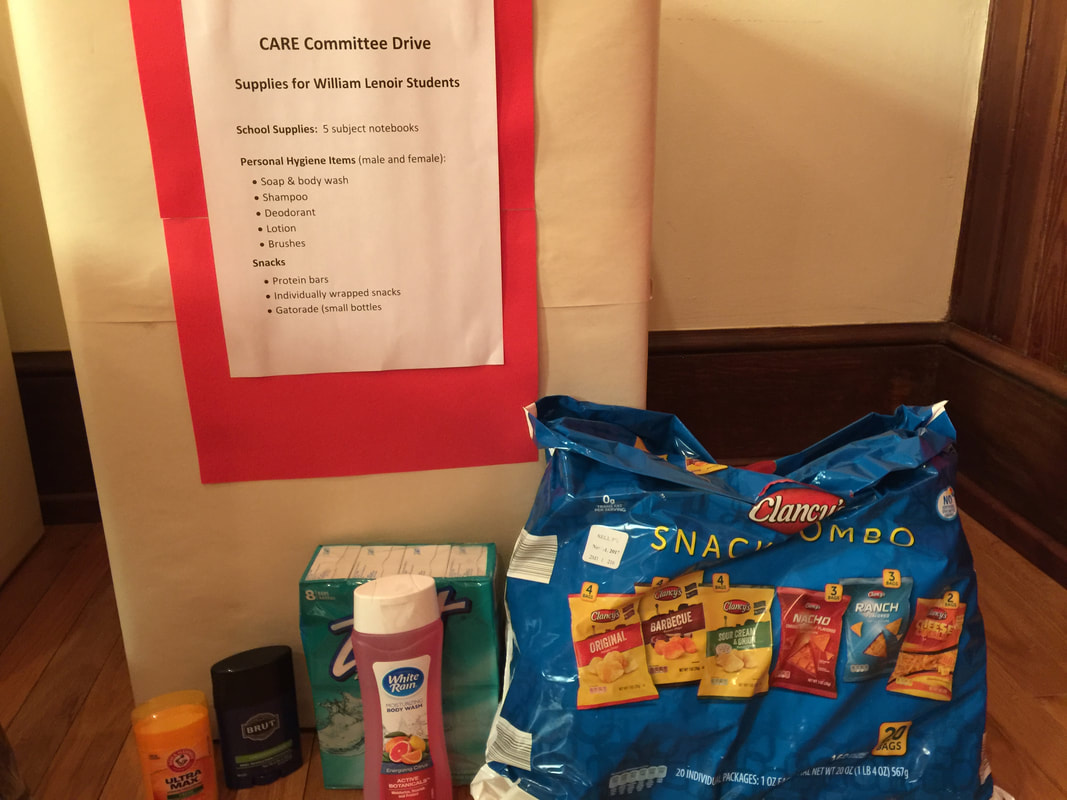The Trump administration and the House budget committee's fiscal year 2018 budget proposals include deep and disproportionate cuts to critical anti-hunger and anti-poverty programs. I am deeply opposed to such proposals that, if passed, would increase hunger and poverty in the United States and around the world.
In the U.S., 1 in 8 families struggles to put food on the table. Cutting trillions of dollars over the next decade in funding to programs that help low-income households, such as the Supplemental Nutrition Assistance Program (SNAP), refundable tax credits, and Medicaid, would jeopardize food security for millions of families, including households impacted by natural disasters.
Right now, 20 million people are at risk of starvation due to the extraordinary famines in South Sudan, northeastern Nigeria, Somalia, and Yemen. Earlier this year, Congress allocated $1 billion in additional funding to address famine. The impact from famine will persist in the coming years, therefore it is crucial that the U.S. continue to be a leader in foreign assistance. But beyond saving countless lives, our own nation's security is benefited by alleviating suffering and decreasing poverty to create a more stable and prosperous world. These programs are critical to U.S. leadership in the world.
Cutting funding to programs that address economic development to impoverished families in the U.S. and abroad will increase hunger and hardship. As Congress works on the remainder of the fiscal year 2018 budget and spending bills, I urge you to reject cuts to lifesaving programs.
What is the 2017 Offering of Letters About?
The United States and the world have made substantial progress toward ending hunger and poverty over the past several decades. Worldwide, extreme poverty — living on less than $1.90 a day — has been cut in half over the past 30 years. But more work needs to be done. Nearly 800 million people in the world are still hungry. In the United States, 1 in 6 children lives in a family that struggles with hunger.
Nations around the world, including the United States, have agreed to work for an end to hunger and related goals by 2030. And there is growing recognition among faith leaders, nongovernmental organizations, and business leaders that ending hunger and extreme poverty by 2030 is achievable.
Families, churches and community groups, and businesses all need to do their parts to end hunger. It’s crucial that our government also does its part. Through this 2017 Offering of Letters, we urge Congress to make funding decisions that put our country and the world on track to ending hunger by 2030. This will be a challenging year. Programs that help families alleviate hunger and get out of poverty are threatened with deep funding cuts. As in years past, your persistent and faithful advocacy will be important in defending the interests of people who are hungry.
Take ActionCongress must pass budget and appropriations bills that put us on track to end hunger by 2030. In 2017, Congress must invest in key programs that have a proven track record and improve the lives of hungry men, women, and children.
Vital policies and safety-net programs — including WIC, global nutrition, SNAP, and refundable tax credits — must be properly funded and protected. Dismantling or cutting funding for such programs by the 115th Congress would take us backward and make the goal of ending hunger by 2030 unlikely.
We have made great progress reducing hunger and poverty in our country and around the world, but our work remains unfinished. Families, churches and community groups, and businesses all need to do their parts to end hunger. It’s crucial that our government also does its part.
"Our parish supports Bread for the World because it magnifies our voice in Washington, D.C., on behalf of poor and hungry people." — Father James F. Fetscher, St. Louis Catholic Church, Miami



 RSS Feed
RSS Feed
